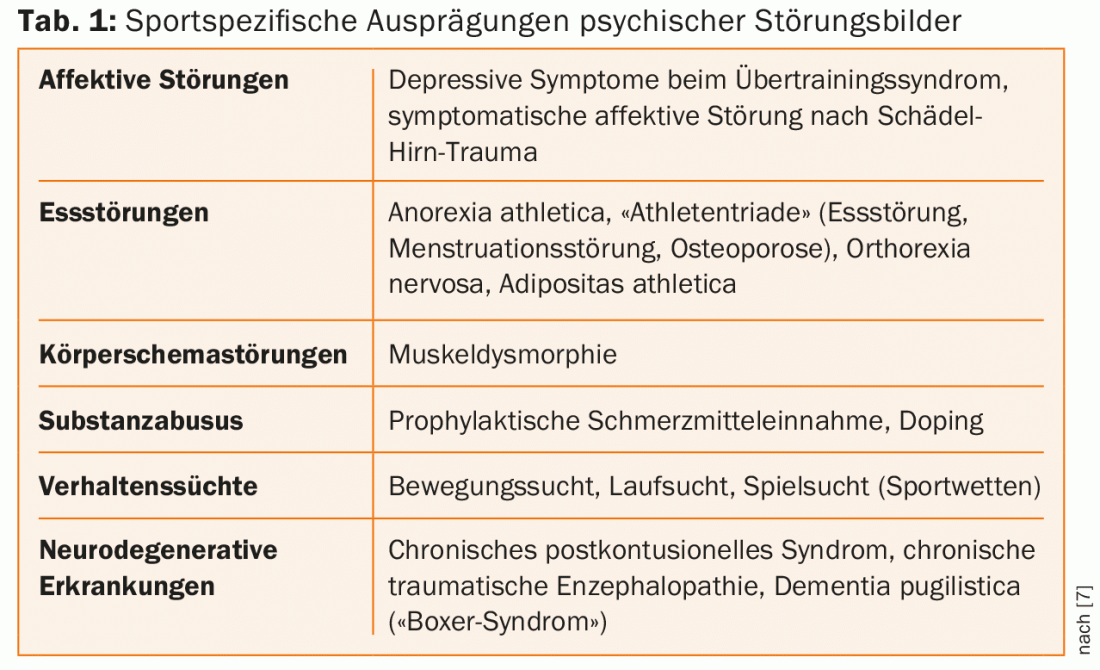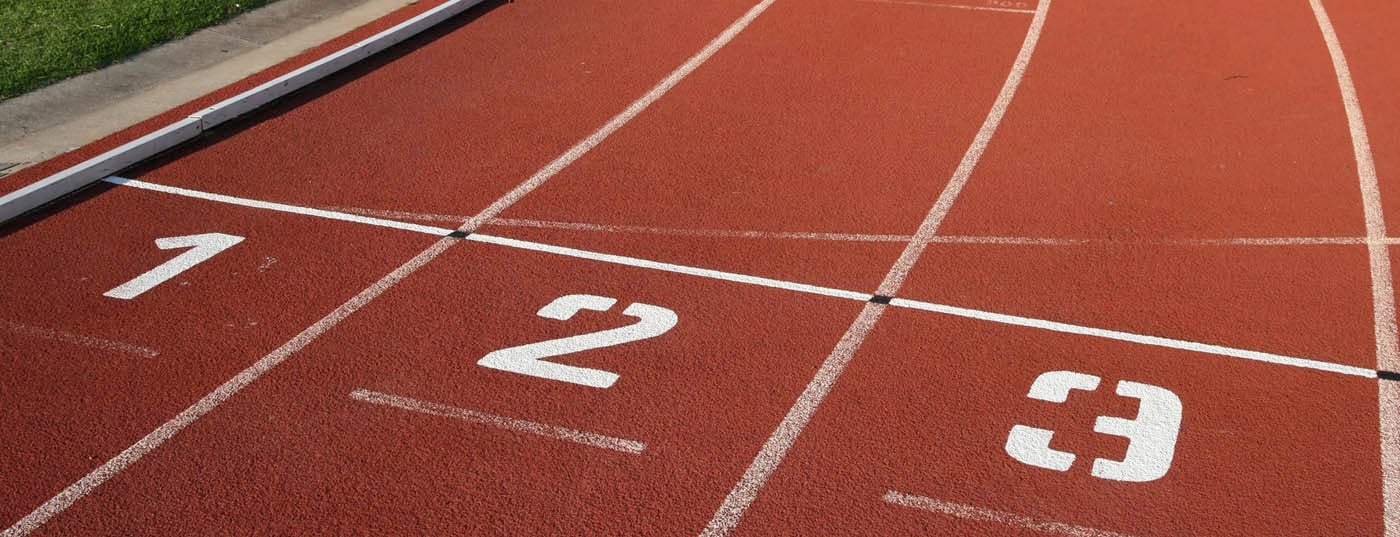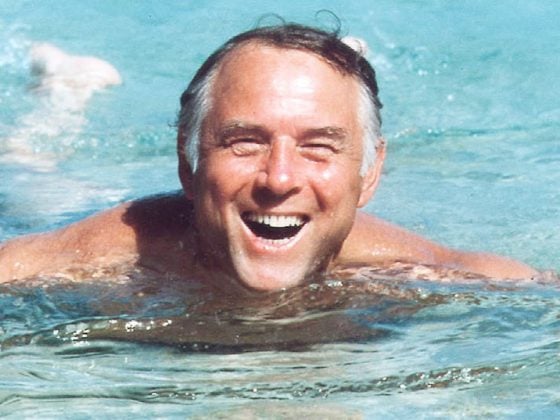Mental disorders and illnesses such as depression, increased alcohol consumption, and eating disorders are more common in competitive sports than is generally believed. Particularly vulnerable periods are the transition to competitive squads, injuries or the end of a career. Because mental illness is still seen as a stigma, those affected often do not contact psychiatrists or psychotherapists directly. It is important to also make coaches and trainers aware of symptoms of mental disorders. Pharmacotherapy with modern antidepressants is usually not a problem even in competitive sports.
Contrary to popular belief, which predominantly associates competitive sports with physical and mental health, there is increasing evidence for the existence of mental disorders also in the competitive sports sector [1]. In addition to anecdotal reports of depression, addiction, eating disorders, and suicide among elite athletes, there are now isolated cross-sectional studies that provide insight into the state of mental health among competitive athletes and approach a prevalence assessment of mental disorders.
Up to a quarter of all competitive athletes are affected
A survey of active players by the international professional football association FIFPro indicates psychological symptom burden in about up to a quarter of respondents [2]. Symptoms of anxiety, depressiveness, and eating behavior problems were most frequently reported, at about 25% each. 10% of respondents reported general distress, nearly 20% reported increased alcohol use, and 7% reported nicotine use. In another survey, almost 10% each of a cohort of German athletes complained of eating disorders and depression according to self-attribution [3]. This symptom burden alone does not correspond to a diagnosis of mental illness, but it does indicate that special attention should be paid to signs and early symptoms of mental disorders in competitive athletes as well.
A cross-sectional study using clinical criteria found a manifest mental illness in about 17% among French Olympic athletes [4]. In a sample of German elite athletes, a depression rate of about 15% was found; depression was more common in individual sports [5]. Research on the cause of death in competitive athletes further demonstrates that approximately 11% of deaths are due to suicide [6]. The disorders that occur may have sport-specific features, knowledge of which enables early and adequate diagnosis (Tab. 1) [7].

The use of elements of modern training theory and mental coaching is designed to strengthen competitive aspects of personality and competitive ability rather than to improve mental disorders. Accordingly, it is not surprising that in the FIFPro study only about 5% of the players complained about “burnout” and 3% about decreased self-confidence [6]. The physical activity itself and the social contacts existing through sports are rather protective factors [8]. While these may increase resilience with regard to mental stress, they obviously do not prevent the occurrence of mental illness.
Vulnerable phases
Athletes at certain stages of potential failure, especially during transition to competitive squads, injury, or career end, represent a special at-risk population. Since the transition from junior and amateur to squad and competitive level in many sports takes place before the age of 18, cooperation with outpatient and inpatient child and adolescent psychiatry (KJP) facilities with appropriate expertise is necessary but often a particular organizational challenge. Serious or protracted injuries in competitive sports are usually associated with significant financial risks [9]. Over 50% of top German athletes report existential anxiety [3].
Of particular relevance is end-of-career care and beyond. In the FIFPro study, up to 40% of former footballers (on average five years after ending their career) reported anxiety and depression or increased alcohol consumption. Just under 20% reported distress and 15% reported burnout symptoms [6]. In about half of professional footballers, injuries are the reason for ending their careers, while 20% have acute injuries. It is estimated that up to 20% of former athletes in competitive sports develop psychological disorders and require therapeutic help. Many athletes lose a previous intensive, medical and socio-economic support, often also associated with a financial and social decline, unless they could prepare or build a parallel professional career.
Preventive attention should also be paid to mental health status later in life, as there is a high prevalence of chronic complaints such as degeneration and pain syndromes of the musculoskeletal system, and chronic treatment with painkillers is common. Furthermore, there is increasing evidence for the increased risk of neurodegenerative and dementia disorders, particularly after repetitive traumatic brain injury in contact, racing, and equestrian sports.
Special features of the supply
Competitive athletes sometimes rely on receiving medical care outside of usual treatment hours [10]. Their sporting activity often involves considerable travel. Training schedules are often created on short notice, so time flexibility is required. In addition, there is occasionally a desire for anonymity. Athletes or sportspersons do not want to be recognized in the waiting room of a psychiatric-psychotherapeutic practice; this is largely true for all public figures. This may mean that appointments outside normal office hours should be offered or, in the case of inpatient treatment, the use of pseudonyms.
Inclusion of the personal and sporting environment
Because of the continuing stigma attached to mental illness, those affected often do not contact psychiatrists or psychotherapists directly. More often, it is the family members, coaches, or others in the athletic community who turn to a psychiatrist, psychotherapist, or psychologist. Coaches and trainers should be sensitized to symptoms of mental disorders and have information about which adequate contacts are available. This can be achieved through appropriate qualification measures involving sports psychiatrists and psychotherapists.
Somatic practitioners, especially sports physicians, also have a special role to play because mental illnesses in sports often manifest themselves in the form of physical symptoms, and a distinction must be made between them and physiological or pathological bodily reactions, e.g., overtraining syndrome. The WHO-5 Questionnaire of Well-Being has proven to be a helpful tool for screening for depressive symptoms in sports medicine practice [11]. If there is evidence of a relevant mental disorder, a specialist in psychiatry and psychotherapy should be consulted for further diagnosis.
Drug and psychotherapeutic treatment
There is often uncertainty among patients and practitioners about the use of psychotropic drugs; important issues include possible influences on athletic performance, safety of use, and conformity with antidoping guidelines. In most cases, however, treatment with modern antidepressants does not have to be dispensed with despite the continuation of sporting activity. Fluoxetine was the best studied: there was no positive or negative effect on athletic performance. Because of possible cardiac arrhythmias and weight changes, tricyclics are only reserve medications. The use of bupropion is particularly problematic, as it can lead to critical overheating of the body, especially at elevated ambient temperatures. Special expertise, including safety for athletes, is required when potentially performance-enhancing pharmaceuticals such as methylphenidate or amphetamine derivatives are to be used to treat ADHD under waivers.
Doping, pain management and addiction disorders form a frequently occurring set of conditions. Prophylactic action and appropriate information is the most effective form and essential task in addiction therapy, especially in the sports psychiatric context [12].
In psychotherapeutic interventions, sports-related anxiety and possible psychological or physical trauma should be considered and specifically explored. One particular aspect is dealing with the public and the media. Among behavioral addictions, pathological gambling, including in the form of sports betting, seems to play a special role among athletes. Another domain of sports psychotherapy is the treatment of sports-specific, usually atypical eating disorders.
Examples of the improvement of care
In cooperation with the Robert Enke Foundation, the German-Swiss-Austrian department “Sport Psychiatry and Psychotherapy” of the German Society for Psychiatry and Psychotherapy, Psychosomatics and Neurology (DGPPN) has formed a university network of sport psychiatric consultation hours at currently nine locations, which is linked to a network of outpatient therapists and extends not only to Germany but also to Switzerland and Austria (www.dgppn.de/sportpsychiatrie).
Conclusion for practice
- Mental disorders in competitive sports are not a rarity. Knowledge of sport-specific characteristics is helpful for early diagnosis.
- The work of sports psychiatry and psychotherapy does not end when the athlete’s career ends.
- What is required is flexibility in the treatment setting.
- Social psychiatric interventions are also sometimes necessary.
- The preventive work of sports psychiatry and psychotherapy also includes information as well as education and training of trainers, sports physicians, sports psychologists and mental coaches.
- Under appropriate backup controls, antidepressant pharmacotherapy is also possible in competitive sports.
Literature:
- Schneider F: Depression in sports. The guidebook for athletes, coaches, trainers and family members. Herbig-Verlag, Munich 2013.
- Gouttebarge V: Mental illness in professional football. www.fifpro.org/en/news/study-mental-illness-in-professional-football (accessed 11/21/2014).
- Breuer C, Hallmann K: Dysfunctions of elite sport: doping, match-fixing, and health hazards from the perspective of the general public and athletes. Federal Institute of Sport Sciences 2013: 1-96.
- Schaal K, et al: Psychological balance in high level athletes: gender-based differences and sport-specific patterns. PLoS One 2011; 6: e19007.
- Nixdorf I, et al.: Prevalence of depressive symptoms and correlating variables among German elite athletes. Journal of Clinical Sport Psychology 2013; 7: 313-326.
- Gouttebarge V, et al: Mortality in international professional football (soccer): a descriptive study. J Sports Med Phys Fitness 2014 Oct 7; (in press).
- Henkel K, Schneider F: Mental illness in competitive athletes. Sports Orthop Traumatol 2014; 30: 339-345.
- Henkel K, et al: Physical training in neurological and mental disorders. Neurologist 2014; 85: 1521-1528.
- Drawer S, Fuller CW: Perceptions of retired professional soccer players about the provision of support services before and after retirement. Br J Sports Med 2002; 36: 33-38.
- Glick ID, et al: Managing psychiatric issues in elite athletes. J Clin Psychiatry 2012; 73: 640-644.
- Spengler A, et al: Depressiveness – screening and incidence in sports medicine practice. Dtsch Z Sportmed 2013; 64: 65-68.
- Reardon CL, Creado S: Drug abuse in athletes. Subst Abuse Rehabil 2014; 5: 95-105.
InFo NEUROLOGY & PSYCHIATRY 2015; 13(3): 10-12.











